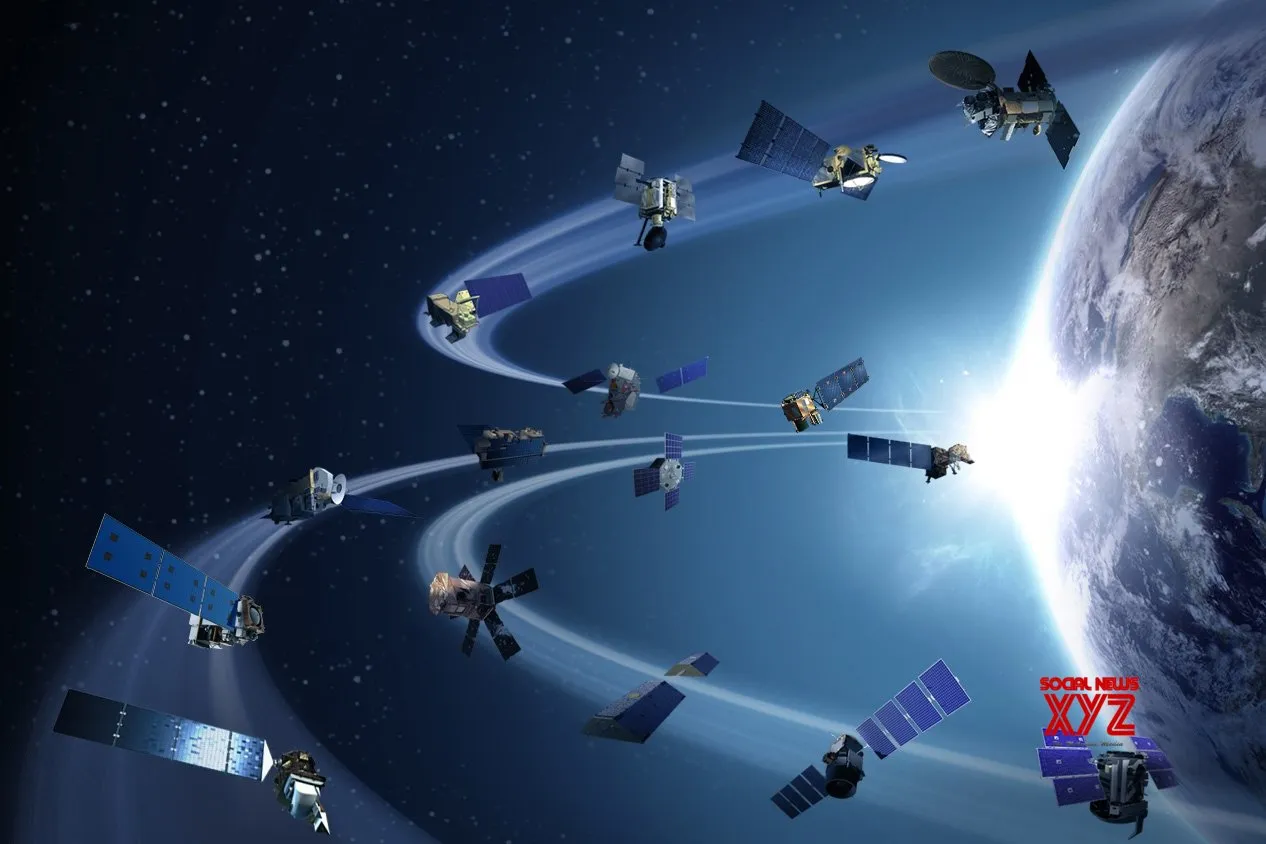
The Best Satellite Internet
In rural or remote areas, satellite internet may be your only option for a reliable connection. Although slower than cable or fiber options, satellite internet can be more cost-effective if you don’t mind data caps.
Satellite internet service providers such as Viasat, HughesNet and Starlink all provide different capabilities with different advantages. Each has its own advantages and drawbacks.
Unlimited data
Satellite internet offers unlimited data, so you can do anything online without worrying about running out of space. Your data can be used for streaming videos, downloading movies or games and even sending large files to other devices.
Satellite plans don’t offer as much data as cellular plans, but they do provide an allotment of high-speed priority data in addition to standard usage. If you exceed that amount, your standard speeds will be slowed until your next billing cycle.
Satellite systems typically experience high latency due to their higher latency than cellular connections, which ranges between 35-70ms. Satellites on the other hand have a much higher latency of 600-1200ms.
Data caps aren’t the most desirable aspect of satellite internet, but they do make it simpler to monitor your usage and avoid slowdowns as you approach the limit. This should be taken into consideration when selecting your plan; not only can this save money on monthly bills, but it also keeps you connected to those and things you cherish most.
No data caps
Satellite internet can be a great option for rural residents with few choices for high-speed connections. However, this option may have data caps to contend with.
The amount of data you consume online depends on your activities, from checking emails to streaming movies. It’s essential to determine how much data is necessary before signing up for a plan so as to avoid incurring overage fees.
Most satellite providers also impose a monthly data cap that limits how much data can be consumed during any given month. Once reached, either you’ll have to pay extra for additional storage or settle for slower speeds.
HughesNet and Viasat both offer plans with no data cap, meaning your internet won’t be cut off or throttled if you go over your allowed data usage. Once exceeded, however, speeds may be reduced until the next billing cycle begins.
Free zone
Satellite internet works differently from DSL or cable internet in that there’s no need for a phone line or special wiring in your home. All that’s necessary is an outdoor dish (similar to a rooftop antenna) with an uninterrupted view of the sky.
Historically, internet satellites were located in geostationary orbit; however, more are now in low-earth orbit. This allows the satellites to stay put and provide continuous coverage from one place.
Satellite internet providers typically don’t impose data caps, allowing you to utilize unlimited data without fear of being charged extra. However, if you exceed your monthly allowance, speed may slow down temporarily in order to guarantee everyone gets their fair share of data.
Viasat and HughesNet offer a Free Zone during off-peak hours, which allows you to take advantage of high-speed data without it counting against your plan. This can be especially helpful if you stream or download movies – though unfortunately this option may not be available everywhere.
No installation fees
Satellite internet, unlike cable or fiber internet, does not require landlines to reach your home. Instead, it uses mini-satellites dishes to transmit signals from an enormous internet satellite orbiting Earth.
Satellite internet providers include Starlink, HughesNet and Viasat. Each offers plans with different download speeds and data allowances.
When selecting a satellite internet plan, the ideal one for you depends on both budget and lifestyle. Furthermore, consider what types of content you will be watching or downloading online.
Satellite internet tends to be faster than DSL, though some satellite providers can experience latency issues. If you enjoy video gaming, DSL may not be your best bet.








